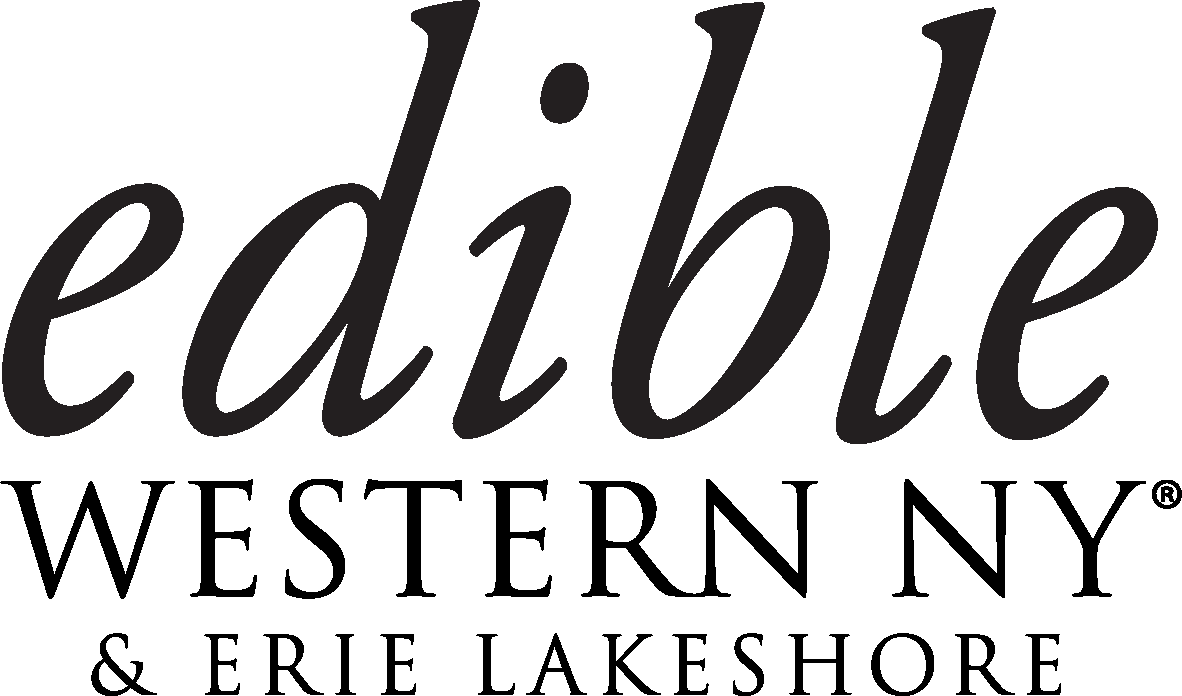Digging Deep with Gardener Eme Nieves
While the Lorax speaks for the trees, Eme Nieves speaks for the nematodes. And the protozoa. And the mycelium. And, all of the other creatures, most too small to see, that make up a healthy soil community.
“I can get lost talking about soil,” laughs Nieves, a self-professed soil enthusiast and educator. “I’ve taken something that I’ve always been passionate about and applied it, helping others see how it all connects.”
As the owner of Gardeness, a Buffalo-based accredited organic land care company, Nieves provides garden care, consulting and coaching for individuals and organizations’ landscapes, most of which are ornamental. The company, which Nieves founded in 2019, specializes in using native plants and restoring soil biology to reconnect clients’ properties to our local ecosystem. Her larger goal, however, is to help people grow their knowledge base and make informed choices in their yards and communities.
“I talk to people who say, ‘I use organic body products,’ or ‘I use organic ingredients in my cooking, but I never thought about how that applies to my yard, or my soil,’” she says.
Gardeness’s approach is informed by Nieves’ knowledge of sustainable agricultural practices, including regenerative agriculture. According to the nonprofit Natural Resources Defense Council, regenerative agriculture is a philosophy and holistic approach to land management that treats all aspects of agriculture as interconnected.
“The cool thing about regenerative agriculture is that it all boils down to soil health. You can’t expect increased crop production or healthier nutritional profiles without healthy soil,” she says. It's both new and radical to apply a regenerative approach to the landscaping field, which still often relies on short-term fixes like chemical pesticides to treat the symptoms, rather than root causes, of a problem. Nieves views conventional landscaping practices as, in part, a manifestation of our broken relationship with nature—one that she’s called to help repair. “I want to be part of what shifts the paradigm to meet the needs of the current times,” she says.
“The more I reflect on it, the more I realize just how deep, and early, of a calling this has been for me,” she professes. “There are camcorder videos of me as a toddler literally kissing the dirt.”
A master gardener and former community garden trainer at Grassroots Gardens of Western New York, Nieves’ gardening experience dates back to before she can remember, when her grandmother would bring her into her backyard garden as she worked. There, off Humboldt Parkway, beneath a canopy of trees and native plants, she learned first-hand how to build a healthy ecosystem, where creatures from ash trees to tomatoes to worms could thrive. While her grandmother read gardening magazines and books, she largely relied on intuition, observation, and trial and error. “Now, in this professional space, I’ve seen science and research affirm, again and again, the way she was doing things,” Nieves says.
When she goes out for an initial consult, Nieves of course assesses the visible: foliage, blossoms, diseases, pests. While the “above-ground half” offers clues, what she’s really interested in is what’s going on below. “If we’re working with someone who’s dealing with both pests and disease, we already know that our first step is addressing the soil, facilitating life to return,” she says.
When it comes to treating unhealthy soil—soil that’s been contaminated by chemicals, compacted by construction equipment, neglected over a period of decades—Nieves tests and then creates a customized plan that “facilitates life.” This may include amending the soil via vermichore inoculation and mycomulching to bring back healthy types of fungus and bacteria to the plant's rhizosphere. While miracles don’t happen overnight, these practices have a measurable effect.
“There’s nothing like looking up at work and seeing a bee drone over me or getting a text from a client, ecstatic that they saw a hummingbird while they drank their morning coffee,” she reflects. These guests are attracted to the native plants that Nieves has brought in, and the healthy soil matrix below. And the effects of healthy soil ripple out, reducing runoff and helping our local ecosystem be more resilient to threats like invasive species.
Nieves envisions her role as going far beyond landscaping, to being a good steward of the land. On a local level, she wants to bring access to regenerative practices to more gardeners. Eventually, she wants to move beyond a city scale, offering assessment and remedial soil treatment to landowners with dozens of acres of property.
“Right now, in particular, I think there’s a hunger for this type of knowledge and reconnection to nature,” she says. “Most of nature isn’t about competition—it’s about mutualism, and we haven’t seen it. But we are starting to.”






